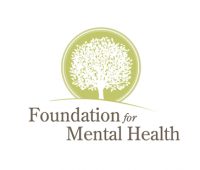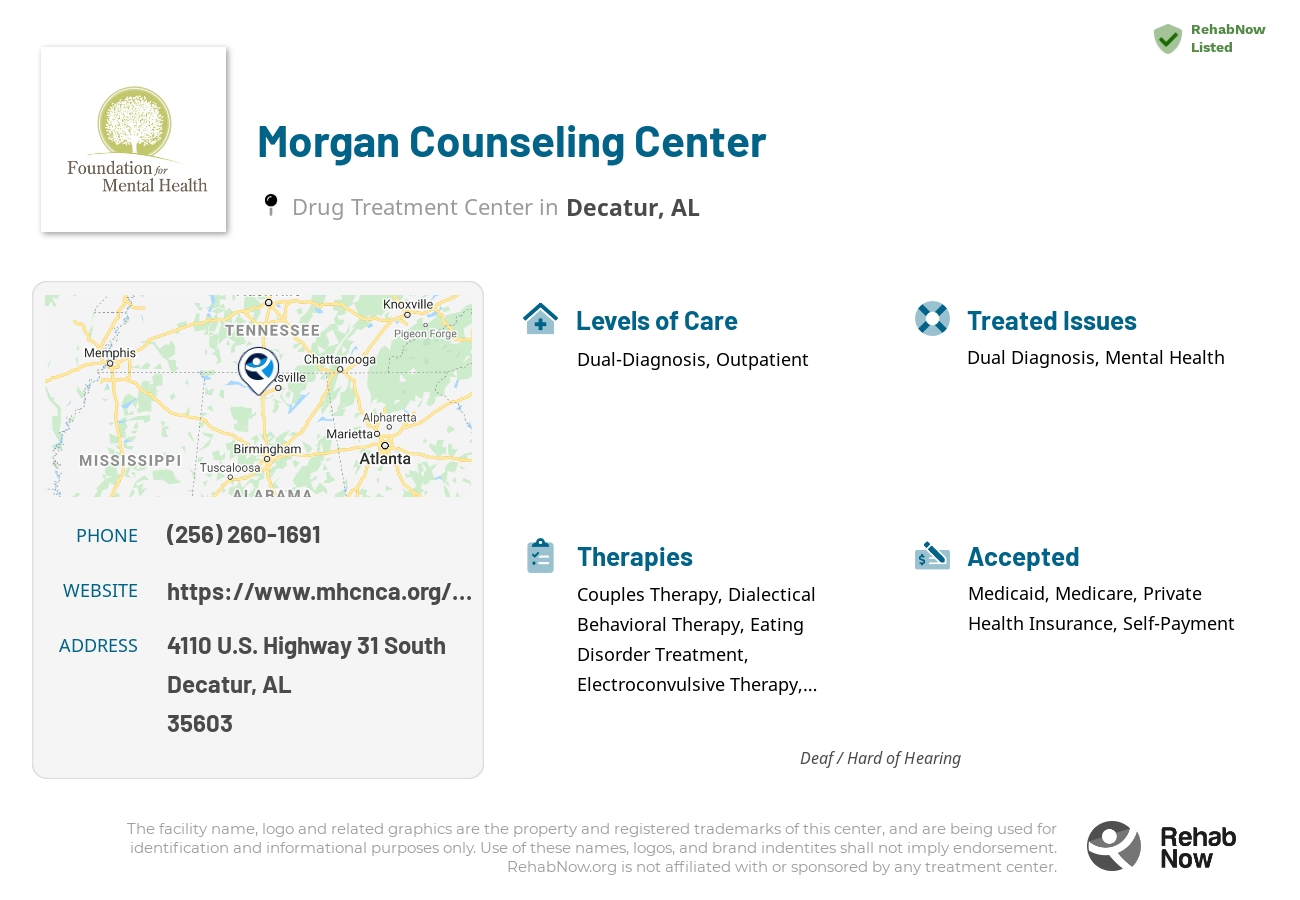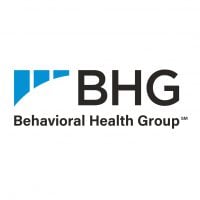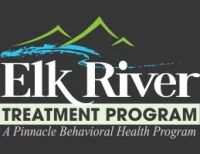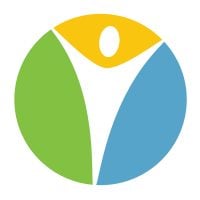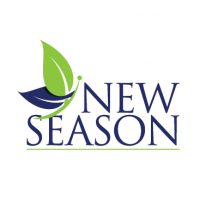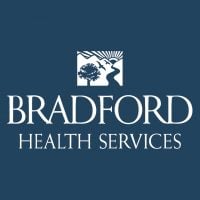Morgan Counseling Center
Drug Rehab Center in Decatur, Alabama
Morgan Counseling Center is an outpatient addiction treatment facility in Decatur, Alabama that offers individualized treatment plans, evidence-based therapies, medication-assisted treatment, and referral to community resources for support during recovery.
About Morgan Counseling Center in Alabama
Morgan Counseling Center, located in Decatur, Alabama, is an outpatient treatment facility specializing in treating addiction and substance abuse. This facility is state certified and provides intensive and individualized treatment plans to help their clients overcome the roots of their addictions. Their team of licensed counselors and other professional staff provide a variety of services to make sure that their clients manage the struggles of their addictions while they create healthy relationships and reach their goals.
At Morgan Counseling Center, they provide evidence-based therapies and treatments that are tailored to the individual needs of each client. Services include psychoeducational classes, intensive one-on-one counseling, group therapy, and family therapy. In addition, they provide medication-assisted treatment to those who need it and refer their clients to community resources for additional support during their recovery.
Morgan Counseling Center is accredited by the Alabama Department of Mental Health, holds a license from the Alabama Substance Abuse Program, and has received accolades from the Alabama Department of Mental Health for their outstanding services. The facility’s commitment to offering the highest quality of care and providing a compassionate and safe environment for their clients has made it one of the leading treatment centers in the area. They also offer educational seminars and workshops to help their clients gain insight into their addictions and equip them with more knowledge for their recovery journey ahead.
Genders
Ages
Modality
Additional
Conditions and Issues Treated
A “dual diagnosis” is when the individual has two medical issues at the same time. The top co-occurring mental disorders with addiction are depression, anxiety, ADHD, bi-polar disorder. Addiction is also considered a mental illness that is not a choice but rather a medical condition. Addiction can be caused by any number of underlying issues.
Dual diagnosis is provided by Morgan Counseling Center to treat addictive tendencies as well as any untreated mental illnesses. This ensures successful long term health and recovery for patients after treatment has been completed.
Dual diagnosis is provided by Morgan Counseling Center to treat addictive tendencies as well as any untreated mental illnesses for people in Alabama. This ensures successful long term health and recovery for patients after treatment has been completed.Levels of Care Offered
This center offers a variety of custom treatment tailored to individual recovery. Currently available are Dual-Diagnosis, Outpatient, with additional therapies available as listed below.
Outpatient programs at Morgan Counseling Center, the Decatur resident can live with their family while continuing with their job or studies. Treatment includes educating the patient on drug abuse, medications, and counseling sessions at the individual or group level. Outpatient treatment plans cover diagnosis, detoxification, management, and counseling. They are a popular option for those who have graduated from inpatient facilities.
Therapies & Programs
Individual therapy is a form of counseling where you meet with a trained professional one-on-one. Meeting with a therapist in this setting allows for a personal and trusting relationship to be built. This allows the patient to open up about sensitive or private issues they may not feel comfortable discussing in a group. Individual therapy helps identify the root causes of your addiction, which can help prevent relapse.
Couples therapy for drug addiction is a unique form of therapy that allows family members to work through the emotional issues of their loved one’s addiction together. Family members can support each other while learning how to cope with the addiction and encourage healthy changes. The two will work with a therapist to learn how the addiction affects themselves and the relationship.
Family therapy is often done alongside drug treatment to help addicts stay sober. The goal of family therapy for drug addiction is to create an environment where communication can happen without judgment, hostility, or blame. The therapist will sit with the family so they can learn how to communicate differently and provide new tools for dealing with emotions so that people don’t want to drink or do drugs. It’s important for families to focus on relapse prevention plans during treatment so that if the addict feels like they want to use again, they’ll know what steps they need to take together to prevent it from happening again in the future.
Group therapy sessions are another common addiction recovery service. These group sessions typically involve six to 12 addicts who meet regularly with a trained professional for support and guidance.
During these sessions, the group shares their experiences with one another and provides feedback that can help each member avoid relapse or overcome specific obstacles they are facing in their recovery process. With this type of support and guidance, addicts can feel like they are part of a community that understands their struggles and will help them get through the hard times.
Many people struggling with drug addiction have experienced some form of trauma in their lives. It is crucial that these individuals seek out professional help; otherwise, their drug abuse and addiction will likely continue.
Therapists and counselors at drug treatment centers employ several treatment programs to help people struggling with drug addiction, including trauma therapy. Trauma therapy helps people dealing with addiction by allowing them to confront the traumas of their past and move past them.
It is important to note that trauma therapy should not be confused with PTSD (post-traumatic stress disorder). Rather, it is used to treat the effects of trauma, which are often at the root of addiction.
Dialectical Behavior Therapy was developed in the 1980s to treat chronically suicidal individuals. It is a cognitive-behavioral therapy that combines standard DBT with strategies derived from Zen Buddhism, such as mindfulness training.
DBT has been adapted for use with other types of psychiatric problems, including eating disorders, substance abuse disorders, borderline personality disorder, posttraumatic stress disorder (PTSD), and other personality disorders. Dialectical Behavior Therapy is considered a psychosocial treatment of BPD. This means that while it can be used alone or in conjunction with drug treatments, DBT does not rely on medications to treat the disorder. Instead, DBT aims to help patients change their thinking and behavior.
Cognitive Behavioral Therapy (CBT) focuses on the underlying thoughts and behaviors that caused the problem of addiction in the first place and may cause a relapse. Negative feelings are common in drug abuse disorders, but they can lead to co-occurring disorders if not recognized. CBT involves strategies that help to change the behavior pattern by restructuring negative thoughts into positive ones. It helps to remove these feelings, and it provides long-term benefits. Also, CBT promotes self-awareness and self-control. It can be administered as a monotherapy or as part of combination therapy.
CBT can improve the patient’s mood, reduce drug cravings and boost success rates on treatment plans. Regular practice can help individuals handle negative attitudes, thoughts, and feelings without turning to drugs or alcohol. The core belief of Cognitive Behavioral Therapy (CBT) is that one’s moods, behaviors, and actions are all connected. Individuals can improve their quality of life using CBT. It helps addicts understand the patterns of thought and feelings that cause them to use drugs or alcohol and develop a healthy response.
Patient Experience
Experiential Therapy at Morgan Counseling Center
Drug addiction causes the formation of abnormal connections between neurons in the brain to form due to repeated exposure to drugs. These connections are responsible for addictive behaviors to drugs. Experiential therapy is done with patients individually and is different from traditional talk therapy. This therapy can help people revisit past traumas, heal, and move on in life in a more authentic way.
Experiential therapy uses activities to recreate experiences that may have caused trauma or negative emotions. These activities include role-playing, arts and crafts, animal care, music, or rock climbing. The individual will gradually experience calmness and love and change their perception positively through this therapy. Other than drug addiction, experiential therapy can be helpful for behavioral or eating disorders.
Payment Options Accepted
For specific insurance or payment methods please contact us.
Is your insurance accepted?
Ask an expert, call (888) 674-0062
Additional Details
Specifics, location, and helpful extra information.
Decatur, Alabama 35603 Phone Number(256) 260-1691 Meta DetailsUpdated November 25, 2023
Staff Verified
Morgan Counseling Center Patient Reviews
There are no reviews yet. Be the first one to write one.
Decatur, Alabama Addiction Information
Opioids, such as heroin, fentanyl, and prescription opioids are related to more than half of all drug-related overdoses in Alabama. Alcohol is the most frequently used substance in Alabama; 85,000 Alabamians use cocaine every single year. In Alabama, there are four times as many vehicle crashes involving alcohol as there are normal vehicle crashes.
The most commonly abused drugs in Decatur, AL are opioids, marijuana, and methamphetamines. Heroin and fentanyl are also becoming increasingly common, particularly in the larger metropolitan areas. The availability and access to drugs is a major factor that is increasing the addiction rate. About 30% of all arrests in Decatur involve drug-related offenses. There are many excellent drug rehab centers in Decatur, AL that can help people struggling with addiction recover.
Treatment in Nearby Cities
- Stevenson, AL (68.2 mi.)
- Talladega, AL (95.4 mi.)
- Prattville, AL (151.0 mi.)
- Roanoke, AL (136.9 mi.)
- Camden, AL (181.4 mi.)
Centers near Morgan Counseling Center
The facility name, logo and brand are the property and registered trademarks of Morgan Counseling Center, and are being used for identification and informational purposes only. Use of these names, logos and brands shall not imply endorsement. RehabNow.org is not affiliated with or sponsored by Morgan Counseling Center.
